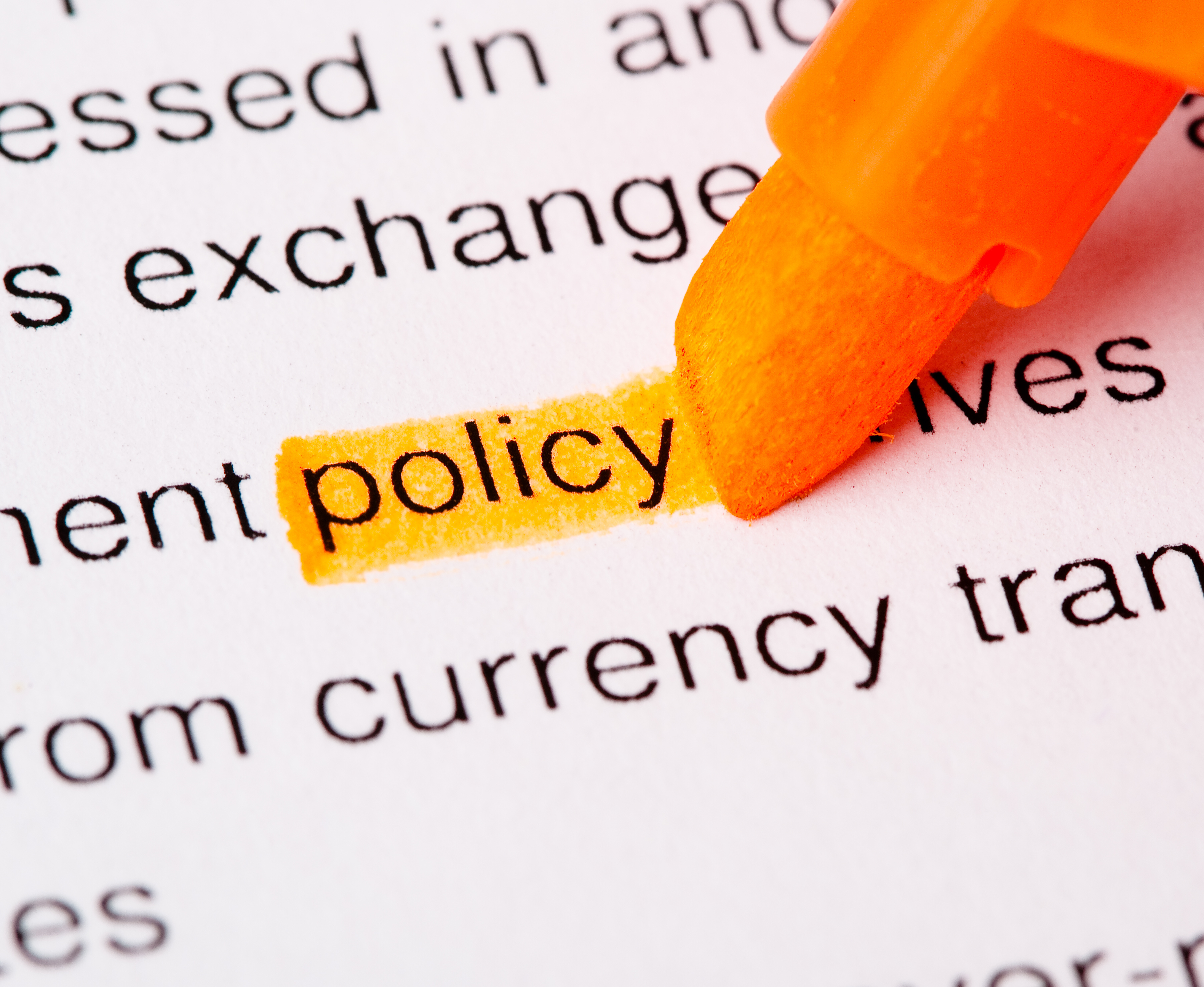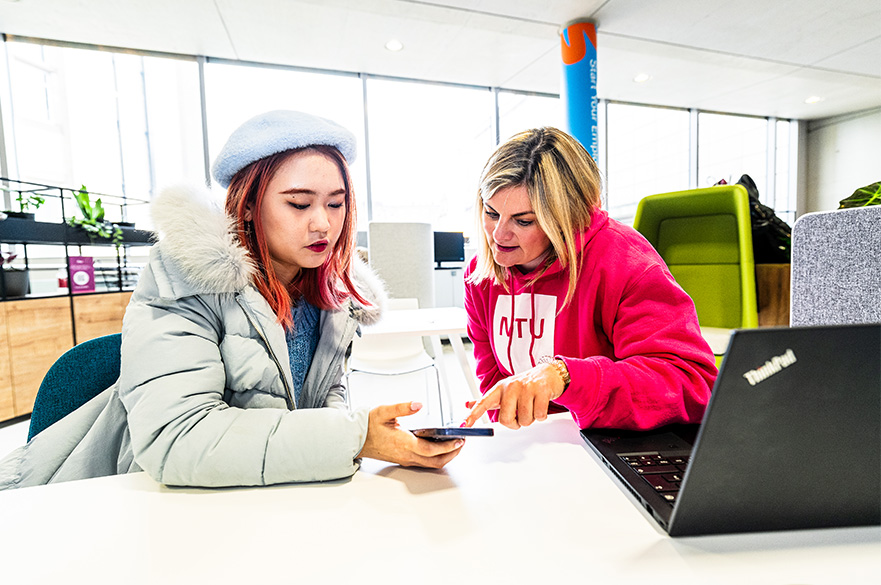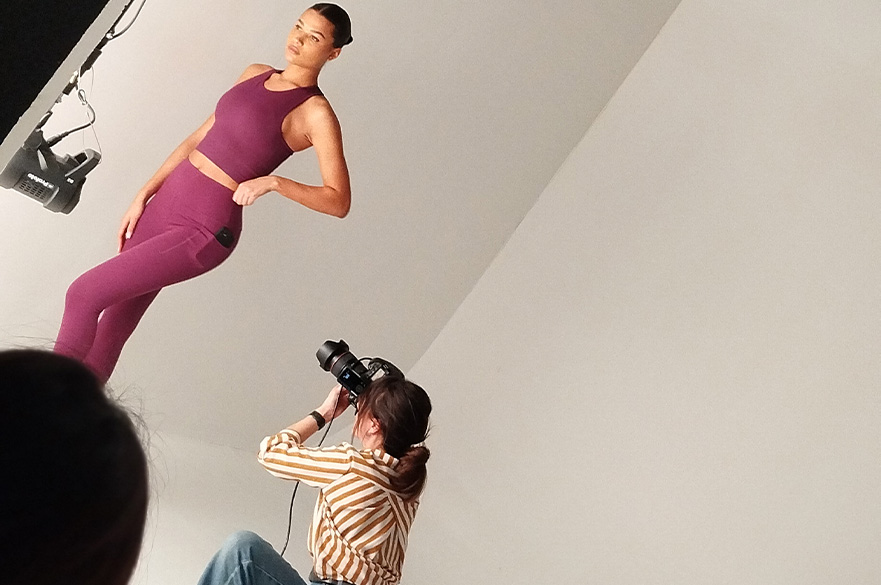Disability History Month Blog: Myths and misconceptions about disability, by Shilpa Arya
In the last of our series of blogs to mark and celebrate Disability History Month 2020, Shilpa Arya, Equality, Diversity and Inclusion (EDI) Consultant, talks about the challenges she’s faced with her own mental health and explores the stigma which often surrounds disability in South Asian communities.
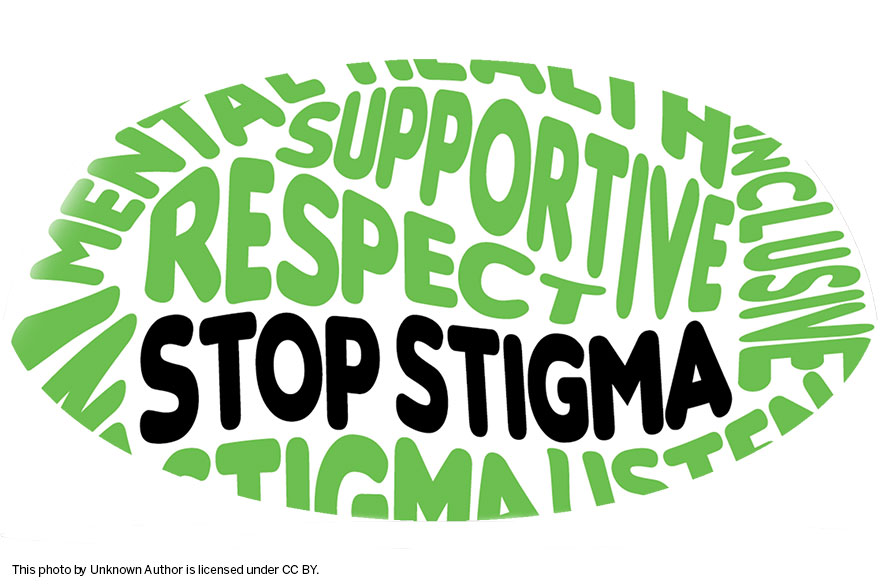
I’m Shilpa and I recently joined Nottingham Trent University (NTU) in the role of EDI Consultant. I’m the lead on race equality but also work on other EDI strands such as Disability History Month.
The inspiration for this blog comes from my experience of living with multiple conditions and impairments that have ‘blossomed’ in me over time. I say ‘blossomed’ because I believe I’m a better ally to disabled people and a more confident champion on disability because of my lived experiences.
I’m also acutely aware of the additional challenges disabled people from South Asian backgrounds face within their own families, amongst friends, in the wider community and from service providers because of intersectionality.
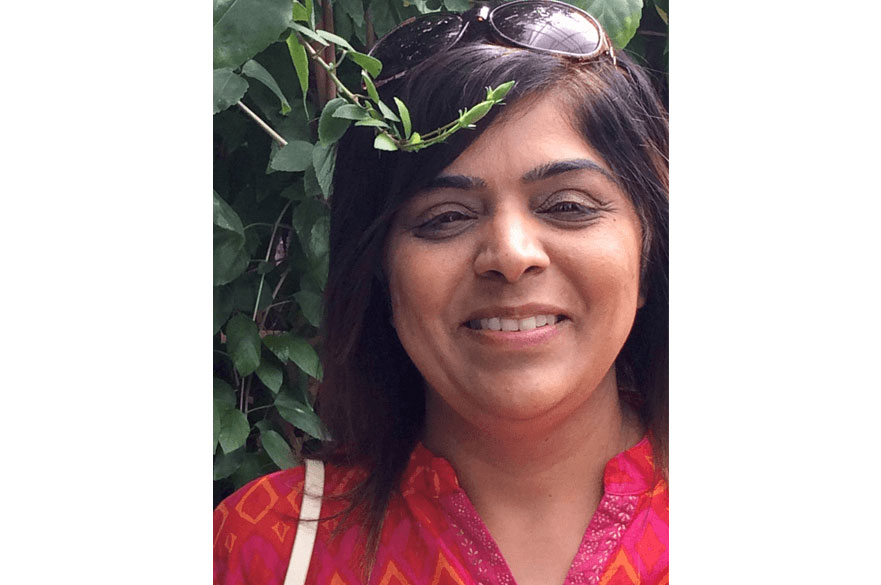
My challenges with mental health and attitudes towards disability
My earliest memory of poor mental health was a failed overdose attempt when I was 18. However, I was only diagnosed with having a mental health condition when I was 38 after suffering from post-natal depression. Like many disabled people in the South Asian community, I learnt not to talk about depression and assimilated in silence because mental health was taboo, not to be talked about and often seen as attention seeking behaviour. I remember being strongly advised by a financial advisor not to mention my mental health when applying for insurance as my premiums would go up and that it would impact on my mortgage application!
When I did reach out, I was taunted later with comments like ‘you’ve cracked-up’, ‘you’ve lost the plot’, ‘did you forget to take your pills and ‘you can’t cope with normal pressures like everyone else’. This type of bullying manifested in me suffering with anxiety, periods of debilitating depression and frequent panic attacks.
A few years ago, after a bout of vertigo, I lost my hearing on my left side and now also have tinnitus. My lack of hearing is often joked about or brushed off as a natural transmission into older age, but it does bring various challenges in the workplace and when I’m out and about. I don’t hear very well when there are multiple conversations in social or crowded settings and don’t enjoy parties as the noise triggers my tinnitus.
When attending physical meetings in the workplace, I’ll often arrive early and position myself in the room so that I can hear most people. Working from home and using Microsoft Teams has brought new challenges as it’s very much up to me to tell people about my hearing challenges at each meeting. My experience thus far at NTU has been that we tend not to ask colleagues if they require adjustments to meetings but if we did incorporate this practice, it could make a positive difference to a person’s experience and support them to feel included. Such a simple question that costs nothing opens up an opportunity for inclusion.
Stigma surrounding disability in South Asian communities
The adverse reactions and behaviours towards disabled people prompted me to delve into the past – I wanted to understand the reasons behind the pity, silence, dismissals and rejections I, and many disabled people, experience. I discovered that much of this stems from myths and misconceptions within religion, belief and culture.
I often see people within my South Asian community associating disability with karma - a form of punishment in this life for bad deeds carried out in former lives.
In my early childhood, I often heard the term ‘bichari/bicharo’, a Gujarati word meaning ‘poor thing’ which is often associated with ill-informed judgements about capability, ability and dependency. Many disabled people are labelled as ‘needy’ and carers make decisions for them including whether they can have a partner or if they can live independently.
Disability still often disqualifies people from being suitable marriage partners – with many choosing to leave their oppressive families after finding their own partner. There is still an assumption that disability will be passed onto future generations with many disabled people being discouraged from having children.
Families sometimes also decide if a disabled loved one can go out to work.
If we look back through history, these assumptions and taboos will no doubt resonate within other cultures too.
My hope is that through open dialogue we will stop making assumptions about what disabled people can or cannot do and that if we are not sure we should take a moment to ask.
Creating an open dialogue
There is so much more I could talk about….
But instead I would like to encourage you to take a moment to consider your own thoughts, feelings and reactions to disability and are they empowering or not?
Please visit our website for more information on wellbeing support at NTU.
- Category: Current students; Staff
